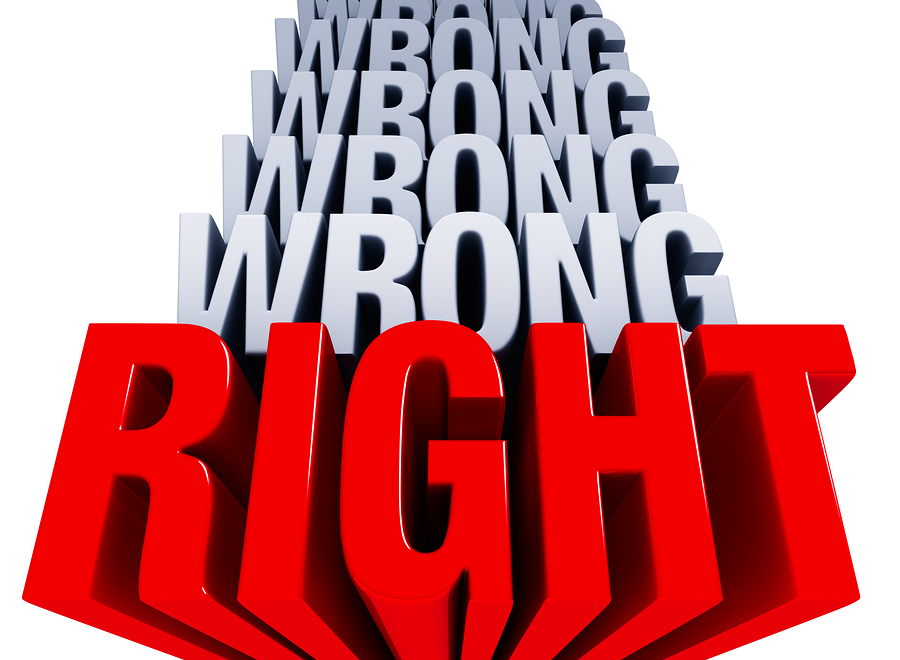According to various sources, there are about one million words in the English language. Approximately 750,000 of them are technical or scientific. That leaves us with 250,000 words with which to communicate. I doubt any of us know all of them or use them.
According to the TestYourVocab.com website, the average person knows about 20,000 words and uses only half of those in everyday speech. Go to that site and add your data to the two million people who have already taken their tests.
Interestingly, in his works, Shakespeare used about 29,000 different words, 12,000 of them only once. The King James Bible has 12,100 different individual words. In our normal life, we use only around 10,000 words to communicate our ideas, our emotions, and our understanding of truth.
Note that John 3:16 has only 21 words in it. An astounding example of brevity and profundity.
“In the beginning was the Word” (John 1:1). The Word. The Logos. “And the Word was God.”
You are gifted with words, both spoken and written.
I find that when I’m angry, my vocabulary expands like a thesaurus; and I use that articulation like the sharp edge of a blade. Never to kill but to fillet. To carve enough pieces to leave my victim bloody and helpless. There is no pride in this skill. In fact, it is my greatest weakness. Nay, it is my greatest humiliation.
What if I–what if you–used that skill with words to bind wounds?
To give hope to the hopeless.
To give breath to the drowning.
To catch falling tears and turn them into refreshing joy.
To laugh a little, cry a little, love a lot, and pray even more.
You are word warriors. Called to something unique and special. To reflect the Word in your words. To be a vessel made in God’s image and change those with whom your words come in contact.
Never let the machinations of this publishing industry cause you to deviate from your calling.
Never.











